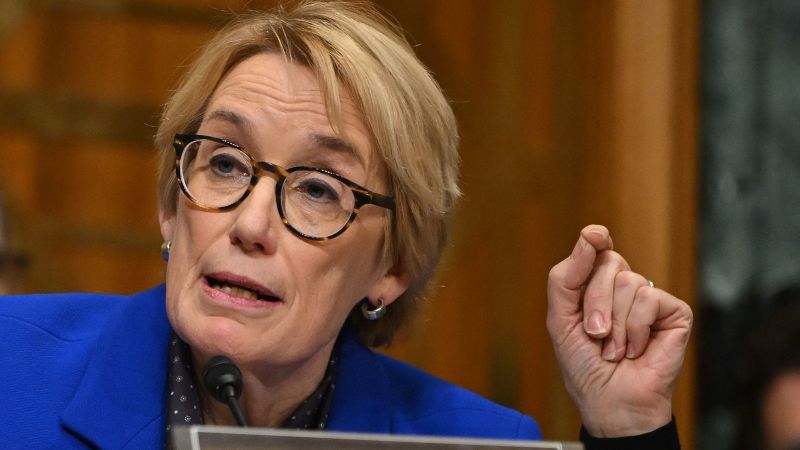In recent developments, Senator Maggie Hassan, representing New Hampshire, has expressed significant concern regarding Spotify’s handling of fraudulent podcasts that have been promoting potentially illegal online pharmacies. The issue first came to light through reports by CNN and various news outlets, sparking an outcry for greater accountability from the streaming giant. Hassan’s demand for transparency focuses on how these deceptive podcasts have proliferated on Spotify’s platform and what measures are being taken to prevent similar incidents in the future.
Spotify, in response to the situation, stated that it had identified and removed dozens of podcasts that were identified by CNN. These podcasts had clearly been advertising online pharmacies that were allegedly selling prescription drugs like Adderall and Oxycontin without any legal authorization. Additionally, Business Insider reported that Spotify had acted on 200 podcasts flagged by its team, showcasing a proactive approach to addressing these particular concerns.
The concern over such podcasts arises from the fact that they were appearing among the top suggestions in searches related to various drug names, which could potentially mislead users into accessing dangerous and illicit content. These activities not only violated Spotify’s policies but also posed a risk by directing users to dubious websites where illegal substances could be purchased. This situation has provoked a wider discussion about the responsibilities of technology platforms in curbing the online sale of counterfeit or illegal drugs, particularly as numerous young individuals have tragically lost their lives due to overdoses linked to pills purchased online.
Senator Hassan has highlighted the urgent need for tech companies, including Spotify, to take decisive action against the sales of illicit drugs through their platforms. As the ranking member of the Joint Economic Committee, Hassan has articulated her commitment to protecting young people and their families from the dangers posed by such online transactions. In a letter addressed to Spotify’s CEO, Daniel Ek, she called upon the company to bolster its initiatives aimed at preventing the distribution of fake podcasts that facilitate drug sales.
In a statement provided by Hassan to CNN, she underscored the devastating impact that accidental overdoses have had on many families. She emphasized that, as a prominent streaming service, Spotify has a duty to enhance its efforts in blocking criminals from exploiting its platform to engage in reckless and harmful activities, especially those that could endanger teenagers. Her sentiments reflect a growing consensus among parents, experts, and lawmakers who advocate for increased vigilance and responsibility from technology companies.
In her letter, Senator Hassan outlined specific queries directed toward Spotify. She requested information about the volumes of content that have been removed from the platform, the extent to which users interacted with the fraudulent podcasts prior to their removal, and whether Spotify derived any revenue from these particular podcasts. Furthermore, she inquired about the company’s collaboration with law enforcement when illegal content is discovered, the moderation tools that have been deployed to detect drug-related content, and whether Spotify intends to implement any updates to their practices based on the recent reports.
Hassan has set a deadline of June 12 for Spotify to respond to her inquiries, underscoring the urgency of this matter. In an earlier statement regarding the situation, a Spotify spokesperson reiterated the company’s commitment to monitoring and eliminating violating content throughout their platform, indicating a recognition of the importance of addressing this serious issue.
As public pressure mounts and the conversation continues, it remains to be seen what steps Spotify will undertake to combat the proliferation of fake podcasts and strengthen safeguards to protect users, particularly vulnerable young people, from illicit drug sales online. The outcome of this situation may well serve as a precedent for how platforms handle similar challenges in the future.



